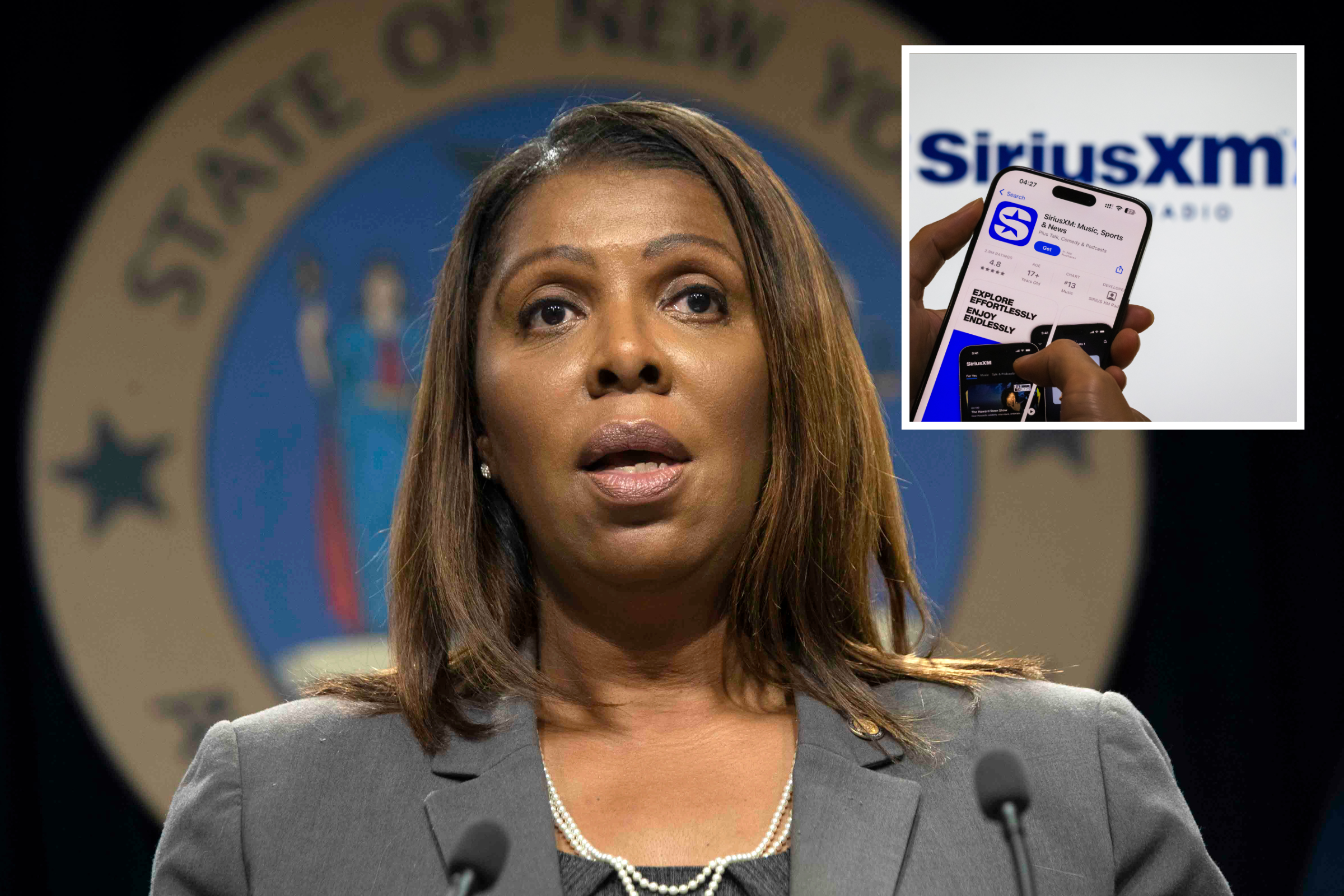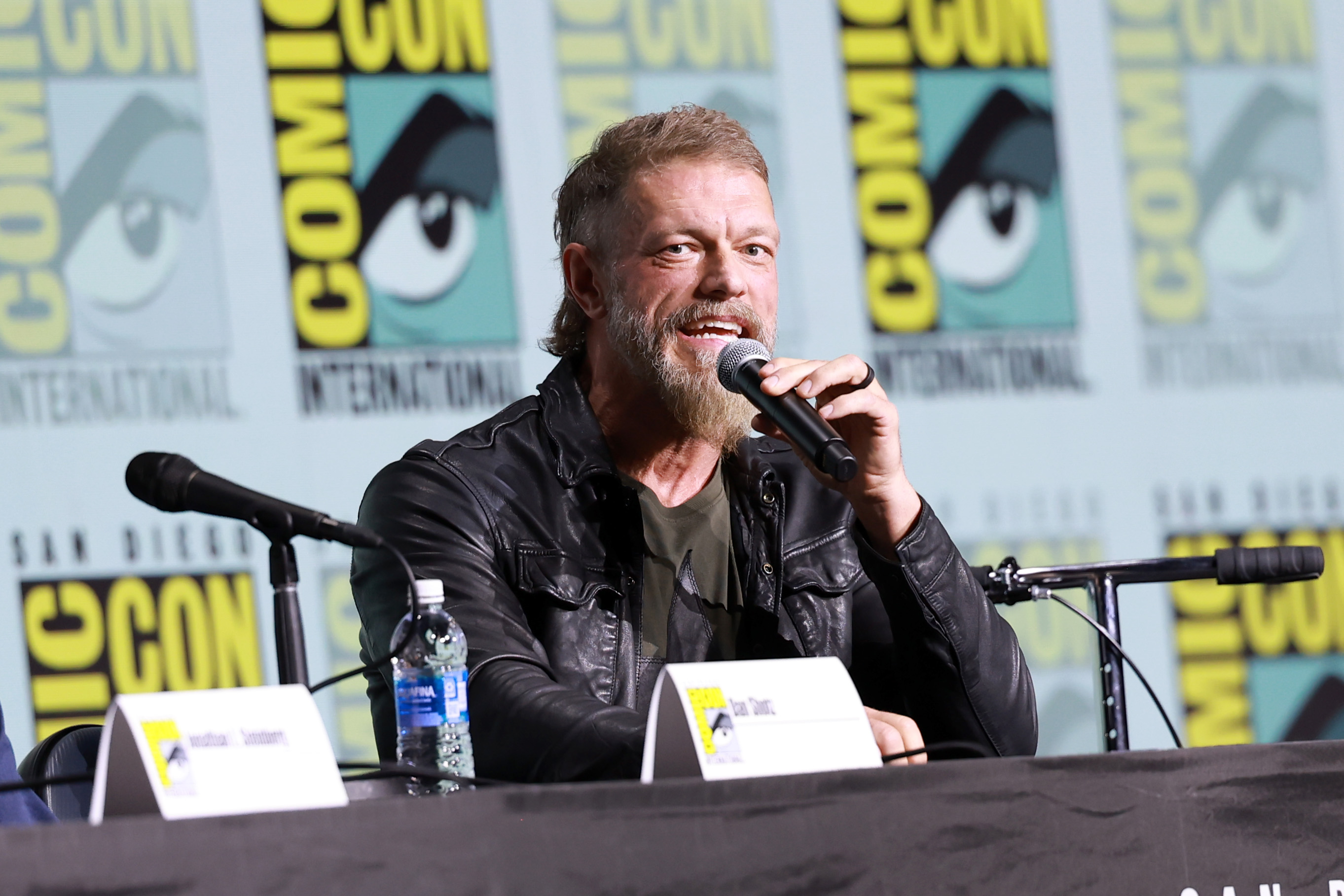On Thursday, Ukraine claimed that Russia launched an ICBM at the eastern city of Dnipro. What actually struck was not an intercontinental ballistic missile, but rather a new, shorter-range type that is capable of carrying nuclear warheads. But whatever the weapon's capabilities, it was another escalation in a war that has been intensifying in recent weeks.
On Sunday morning, Russia launched another massive drone and missile attack on Ukraine's energy and other critical infrastructure.
Most of the 120 missiles and 90 drones were shot down or otherwise neutralized, but some got through, leading to power outages and a resurgence of blackouts.

Some observers suggested that this was Putin's way of reminding Ukraine that it is facing another brutal winter with heat and light meaning survival. I interpret this as Russian President Vladimir Putin's anxious response to the United States' decision to allow Ukraine to use long-range missiles for attacks on targets within Russia.
While a formal announcement of the U.S. decision came a few hours after the attack, it would be imprudent to assume that Russian intelligence was unaware of it beforehand.
Even before Donald Trump's election victory, the president-elect expressed his intention to bring the Russia-Ukraine war to an end as soon as possible. Both sides, therefore, are preparing for negotiations in one way or another. Although Russia is in a hurry to consolidate its gains on the various fronts, overall, it had notably decreased its missile attacks on Ukrainian infrastructure. Ukraine, for its part, had avoided deploying combat drones against Russian oil refineries.
Both parties had their knives hidden behind their backs, but still it looked like a compromise was looming. And then the administration of President Joe Biden decided to shatter that illusion. He had previously refused to allow Ukraine to use the ATACMS missile system to strike targets inside Russia out of concern that such strikes would escalate the war.
This major policy reversal comes just two months before Biden hands over the reins to Trump, who had always been skeptical of U.S. military support for Ukraine. In fact, Biden's decision lines up with the Trump team's push for Ukrainian President Volodymyr Zelensky to kick off peace talks with Putin, all while hinting that Ukraine might lose military support if they didn't.
Despite Zelensky's pleading for permission to launch for weeks, his response was remarkably subdued.
"Today, much is being said in the media about us receiving permission for the relevant actions," he said in his nightly video address. "But strikes are not made with words. Such things are not announced. The missiles will speak for themselves."
This long-delayed decision by Biden is unlikely to be enough to turn the tide of the war. But raising the stakes makes Trump's role as peacemaker much more difficult.
The number of long-range missiles the Pentagon is prepared to send to Ukraine is unclear. There are also questions over how many Storm Shadow missiles the United Kingdom and France can supply. However, it is certain that all these systems cannot be fired from Ukraine into Russia without the Pentagon's approval.
Putin has warned against allowing Western weapons to be used to hit Russia, saying Moscow would view that as the "direct participation" of NATO countries in the war.
We are left to try to guess how will Trump react to what appears to be an escalating fight. Some of his top officials have voiced their disapproval of the missile authorization. A lot of Trump's allies, such as Vice President-elect JD Vance, have repeatedly said that the U.S. shouldn't send any more military support to Ukraine.
Biden's move seems to have taken them all off guard. The most dramatic reaction so far has come from Trump's son, Donald Trump Jr., who posted on social media: "The military industrial complex seems to want to make sure they get World War 3 going before my father has a chance to create peace and save lives."
It's still a mystery what the president-elect will decide, but a lot of people in Ukraine are worried he might halt weapon shipments, including ATACMS ammo.
"I'm not going to start wars, I'm going to stop wars," Trump said in his victory speech on Election Day. It won't be long before we see how his claim plays out.
Sergey G. Maidukov Sr. is a Ukrainian writer, author of Life on the Run and Deadly Bonds. Follow @sergeymaidukov on Instagram.
The views expressed in this article are the writer's own.




















 English (US) ·
English (US) ·